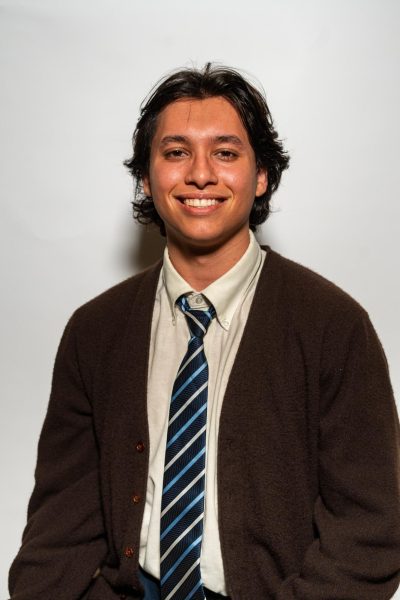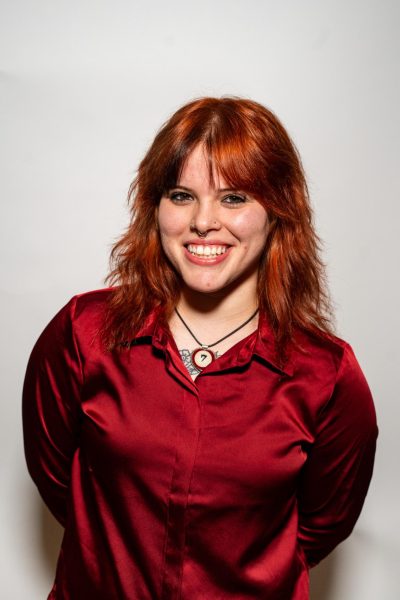
Pedro Pascal returns as Joel alongside Bella Ramsey as Ellie in season 2 of “The Last of Us.” The latest season picks up where the first left off: Joel has rescued Ellie, and Kaitlyn Dever’s Abbey swears vengeance against her father’s murderer. A five-year time jump focuses on the contentious relationship between 19-year-old Ellie and Joel as apocalypse survivors try to reform society and restore some sense of normalcy.
“Future Days” warns of the dark tidings for Joel and Ellie. This episode beautifully builds empathy for the characters through the actors’ fateful chemistry. Ellie and Joel do not receive much screen time together, and the moments they do are filled with silence. The silence lurks like the Infected, leaving viewers yearning for Joel to say anything before it is too late. Their silence will become the emotional basis for this episode and the ones to come. In a world filled with deadly Infected and diminishing resources, the silence between the not-quite father-daughter pair remains the most lethal force against love and healing.
Showrunners Craig Mazin and Neil Druckmann continue taking creative liberties with the video game’s story. Catherine O’Hara stars as Gail, Joel’s drunk therapist. The therapy scenes reiterate Joel’s emotional fears; however, Gail and the therapy’s inclusion are not perfectly executed. In this scene, Pascal demonstrates his acting talent, and the showrunners reemphasize the humanity of the people Joel has killed in order to survive. Joel must make tough decisions and weigh the value of others’ lives. He does not wish to make such decisions, but in a post-apocalyptic world he has to.
Pascal’s delivery of “I saved her,” while simple, carries his guilt and trauma. He could not save his daughter Sarah. He could save Ellie; now she hates him for his choice. A close-up on Pascal’s emotionally defeated face lures the audience’s heartstrings into a promised healing that may never arrive.
Druckmann and Mazin decide that with a growing emotional threat, there must be an increased physical one. In a horrific scene highlighting the chemistry between Ramsey and Isabella Merced, who plays Dina, a new, agile, intelligent Infected terrorizes the audience. Contrary to the fast-paced editing of modern film and television, Mazin holds the shot long enough to taunt the audience with a jumpscare before cutting away.
Mazin’s knack for maintaining a single steady shot that emulates visual silence enshrines many of this episode’s emotional climaxes into the audience’s consciousness. A final scene of Joel tuning Ellie’s guitar as Ellie passes by gives viewers a glimmer of hope. The duo stares longingly at one another, searching for the right words to say. Nevertheless, Ellie ventures into the night, disgusted with Joel’s action, and Joel must find solace in the faint winds of the night.
Action in the episode is rare and mirrors the growing emotional threat of the season. The cast’s chemistry controls the episode’s pace to invoke dread and optimism onscreen. This episode leaves audiences holding back tears, just like Joel; however, viewers familiar with Druckmann and Mazin’s work know that this episode is only a sliver of the desolation this season will leave audiences in.









